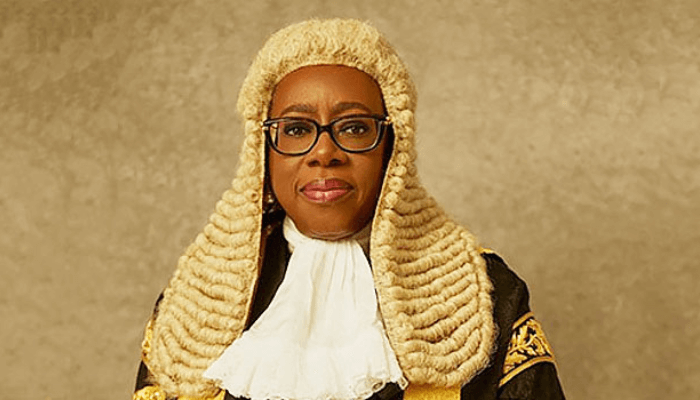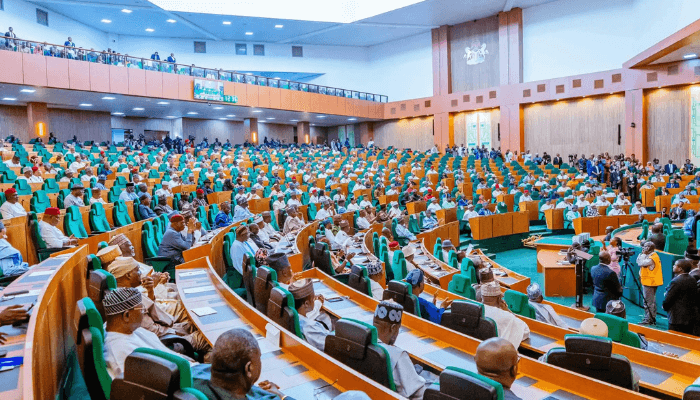FCCPC Appeals for Joint Efforts to Curb Price Fixing
The Federal Competition and Consumer Protection Commission (FCCPC) has called on stakeholders in Nigeria’s production and distribution sectors to work together to combat price fixing and other unethical practices affecting consumers. The appeal was made by FCCPC CEO, Tunji Bello, during a Stakeholders’ Engagement on Exploitative Pricing held in Lagos on Wednesday.
Acknowledging the impact of the fluctuating exchange rate and rising petrol prices, Bello emphasized that these factors have rendered previous price levels unsustainable. However, he criticized the recent sharp and unjustified increases in food prices, attributing these hikes to “cartels” and other groups exploiting consumers in the current economic climate.
The town-hall meeting brought together a diverse range of stakeholders, including captains of large and small-scale industries, leaders of market associations, transport operators, and service providers. The purpose of the meeting was to deliberate on the causes of exploitative pricing and to find collaborative solutions to protect consumers from unfair practices.
During the meeting, Bello highlighted that the engagement was prompted by alarming findings from a nationwide survey conducted by the commission. These findings revealed widespread unethical practices, including price fixing and collusion among suppliers and distributors, contributing to the high cost of essential goods and services.
The FCCPC CEO urged all stakeholders to promote transparency and fair competition across Nigeria’s markets. He emphasized that collaboration is key to creating a market environment that benefits both businesses and consumers. Bello encouraged businesses to adopt ethical practices and warned against the severe consequences of continuing exploitative pricing strategies.
The FCCPC’s appeal for collaboration is a call to action for all stakeholders in Nigeria’s economic landscape. As the commission continues its efforts to monitor and regulate the market, it is crucial for all parties involved to commit to ethical practices and fair pricing. The goal is to ensure that consumers are protected from exploitation while fostering a competitive market that promotes growth and innovation.
The FCCPC has reiterated its commitment to protecting consumers through stringent regulatory enforcement. Mr. Bello assured participants at the engagement that the commission will intensify its oversight functions to identify and penalize any businesses involved in price fixing, collusion, or other anti-competitive practices. He emphasized that the FCCPC has the legal mandate to investigate and prosecute entities that engage in activities detrimental to consumer welfare.
During the meeting, several stakeholders expressed their concerns about the challenges they face in maintaining fair pricing. Representatives from market associations and transport operators pointed to the high cost of logistics, the volatile exchange rate, and supply chain disruptions as factors driving up prices. However, they also acknowledged the need for better regulatory compliance and transparency in their pricing practices.
In response, the FCCPC suggested the formation of a collaborative task force involving government agencies, private sector players, and consumer advocacy groups. This task force would monitor market trends, ensure compliance with fair trade regulations, and provide regular feedback to the commission on any observed irregularities.
Bello highlighted the importance of consumer education in addressing exploitative pricing. He announced that the FCCPC plans to launch a series of public awareness campaigns to educate consumers on their rights and the mechanisms available for reporting unfair practices. These campaigns will aim to empower consumers to demand transparency and fairness in their transactions and hold businesses accountable.
The FCCPC also plans to leverage technology to monitor pricing trends and identify patterns indicative of collusion or price fixing. Bello revealed that the commission is exploring the use of data analytics and digital platforms to track market activities in real time, enabling quicker intervention in cases of suspected exploitation.
To ensure sustained progress, the FCCPC intends to hold regular stakeholder engagements across various sectors and regions of Nigeria. These forums will serve as platforms for continuous dialogue, allowing for the exchange of ideas, best practices, and updates on regulatory developments. By fostering an open and collaborative environment, the FCCPC aims to build trust among market participants and strengthen the collective effort against unethical practices.
The FCCPC’s efforts to combat price fixing and promote fair market practices require the collective involvement of all stakeholders. By collaborating with industry players, consumer groups, and the public, the commission hopes to create a balanced marketplace where both businesses and consumers can thrive. As the FCCPC pushes forward with its agenda, all parties are encouraged to contribute to building a more transparent, accountable, and consumer-friendly economy in Nigeria.




